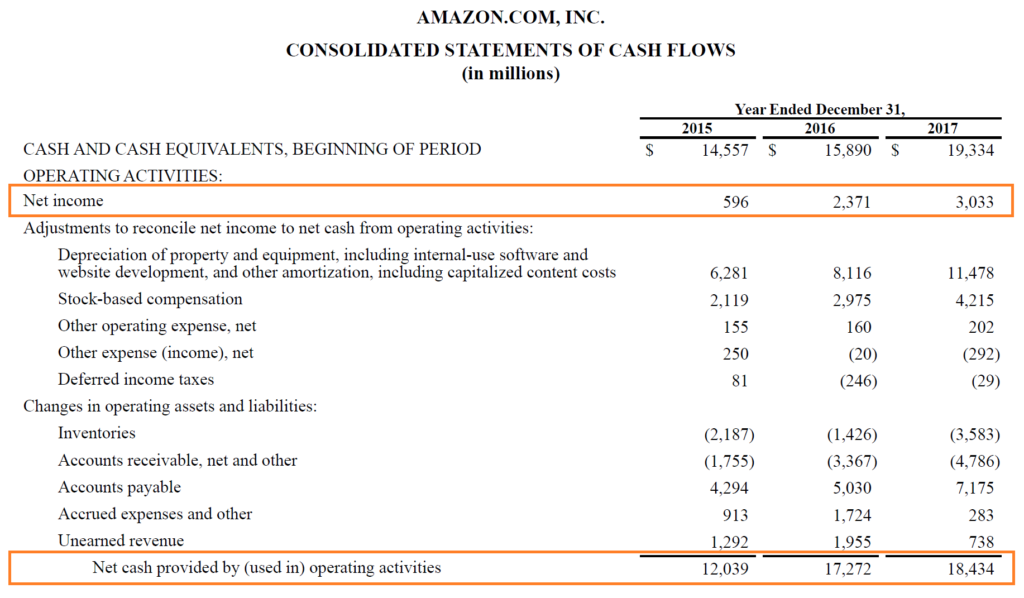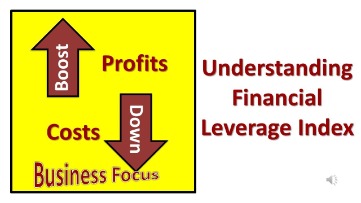Backstage & Influences

Xero is also an excellent fit if you want accounting software that suits your business at all growth stages. You get unlimited users no matter which Xero tier you opt into, and your subscription price won’t vary based on user numbers. You can jump from one tier to another whenever your business is ready, not when you hit an arbitrary user cap. The quality you get for the amount you spend is the essence of bang for your buck. If you want super user-friendly software that accountants and bookkeepers use daily all over the world, QuickBooks Online is definitely a solid choice. But if you’re looking for more affordable software that still offers comprehensive features and better customer service, FreshBooks and Xero could suit too.
However, FreshBooks seems to have more in-depth client features, as it lets you store their contact info, communications and any internal notes you might have about them. You can enjoy project conversations, file sharing and project due dates, but these features are most helpful for individual or small-team projects. Being able to create and send invoices on the go means no delays and no accounting headaches waiting for you. You can use the FreshBooks automated bookkeeping software wherever you have access to the internet, so let FreshBooks take care of your invoicing worries while you sit back and relax. Promotional offers for both monthly and yearly plans are for a limited period.
Inventory management
We especially like the fact that you can generate invoices from estimates and quotes in two clicks. Plus, while Xero has thorough invoicing and receipt scanning capabilities, it doesn’t include business expense tracking with any plan except the most expensive. In our opinion, that’s a fairly glaring oversight—expense tracking is an incredibly common accounting feature that almost all of Xero’s key competitors include in their base plans.
We recommend it to freelance service providers who only need to track income and expenses for projects. Xero and QuickBooks are both great accounting software options for small businesses. They both offer a wide range of features, an easy-to-use interface and competitive pricing. Xero is an accounting powerhouse that can handle anything from freelancers to big-shot enterprises. With features like invoicing, payroll, and inventory sign up for quickbooks online accountant management, it’s got all the bells and whistles.
- With Xero, all plans include a bank reconciliation tool that suggests transaction matches for you, making it easy to reconcile bank accounts.
- Starting at just $13 a month, Xero’s basic plan is one of the most affordable out there.
- FreshBooks doesn’t offer bank reconciliation with its least expensive option, FreshBooks Lite.
- If you want to add multiple users to your accounting software, Xero is likely a better choice than FreshBooks because it accommodates unlimited users in all plans.
- It also lets you track time and billable hours so clients can see exactly what you’re charging for.
Easy to Use, Stellar Support, It’s a No-Brainer ✔ FreshBooks vs ✘ Xero

Xero and QuickBooks have similar pricing, except when it comes to QuickBooks Desktop. The Enterprise Desktop plan offered by QuickBooks starts at $1,922 per year. QuickBooks also offers Payroll, but this service is an additional fee starting at $45 to $125 per month. The biggest benefit of cloud-based apps is that you don’t need to install a desktop version of the software. There’s a reason FreshBooks made it on Zapier’s list of the best self-employed accounting software, while Xero made it on the list of the best accounting software for lifo reserve and lifo effect bigger businesses. One thing we recommend while comparing Xero vs FreshBooks is to learn all about the FreshBooks Accountant Partner Program.
Are FreshBooks and Xero cloud-based?
The software must have enough reports that can be generated with a few clicks. Moreover, we’d also like to see customization options to enable users to generate reports based on what they want to see. This section focuses more on first-time setup and software settings. Even after initial setup, the software must also let users modify information like company name, address, entity type, fiscal year-end, and other company information.
With the ability to send unlimited, customizable invoices, payment reminders and proposals to clients, FreshBooks is the optimal solution for freelancers or solo entrepreneurs. consignment sale definition It also lets you track time and billable hours so clients can see exactly what you’re charging for. We prefer Xero if you’re a larger business looking for more potent features, such as bank account reconciliation and Gusto payroll software. Xero also has robust file storage that lets you manage and share documents, bills, contracts and receipts on the cloud.
Project Accounting: Xero Wins
Its features combine project management and accounting with helping professionals self-manage their business. It also has flexible pricing, which is cheaper than Xero if you only need one or two users. If you intend to expand your business, it has a custom plan to match your needs. This is because QuickBooks was designed for small businesses that might not have an accounting background, whereas Xero was designed with accountants and bookkeepers in mind.
Next Post : Docker Desktop Docker Documentation
-
Search